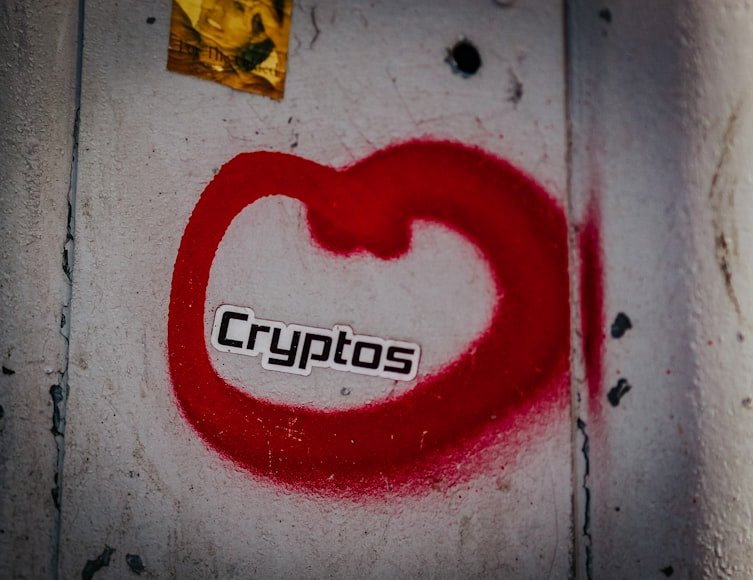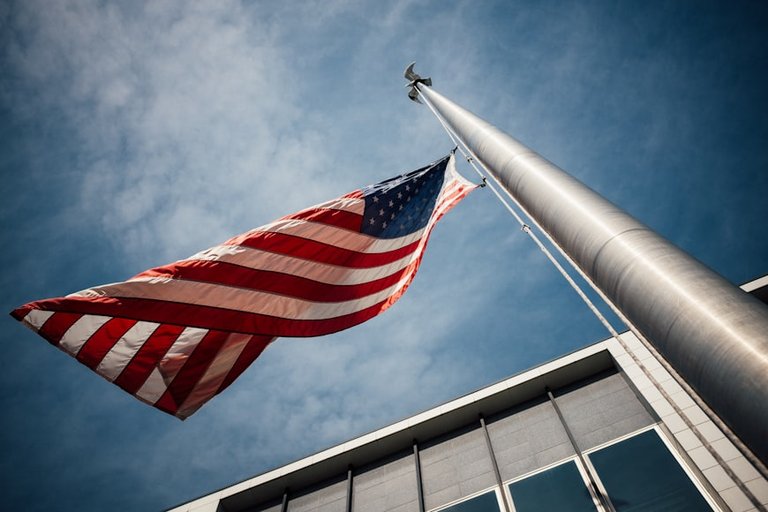The cryptocurrency industry, at this moment, stands near a crossroads with the 2024 elections up ahead. What was once a unified force in American politics has now become a battleground venue for different and clashing beliefs about interests and strategy. I think this internal strife will have far-reaching consequences in deciding the fate of digital assets in the United States.

It appears that the root of the problem is a growing schism between left-leaning and right-leaning factions within the industry. It's most pronounced when crypto bigwigs come out in support of Donald Trump and his Republican Party. It's pretty easy to see why: it's because Trump, being pro-crypto, promises at least a super-charging regulatory environment for the industry.
But is this a short-term gain with perhaps a longer-term pain?
On the other side, some players in the industry are pushing for a more balanced approach by seeking inroads with Kamala Harris and supporting Democratic candidates in most races. It would be an argument of not placing all your eggs in one basket. That is a pretty solid argument since political winds may turn at any moment, and burning your bridges to an entire party seems a little risky at best.
It reportedly has gotten quite tense, with accounts of frustration coming from both sides of the aisle.
Republicans are said to feel betrayed by the industry's support for some Democratic candidates, while Democrats express concern over an industry that seems heavy-handedly leaning towards their opponents.
Just classic: try to please everybody, end up pleasing nobody.
What does resonate with me, however, is how this moral battle is manifesting in the policy space. The bipartisan momentum we saw earlier this year for crypto-friendly legislation now risks stalling out. If both parties feel slighted, who's going to champion the industry's cause on Capitol Hill?
It's a dynamic that recalls the old saying about how politics makes strange bedfellows. The crypto industry, with its libertarian roots and its ethos of disruption, was never going to fit neatly into the traditional two-party system. But now it seems to tear itself apart trying to do just that.
Now, I wonder whether it is possible to find a middle ground.
Is the industry able to make use of its peculiar position by bridging the gulf between the two parties instead of widening it? It's a tall order, especially in today's polarized political climate, but the alternative seems to be a lose-lose scenario.

What do you think? I'd love to hear from you!
Posted Using InLeo Alpha
Congratulations @blissfulsoul! You have completed the following achievement on the Hive blockchain And have been rewarded with New badge(s)
Your next target is to reach 3500 upvotes.
You can view your badges on your board and compare yourself to others in the Ranking
If you no longer want to receive notifications, reply to this comment with the word
STOPCheck out our last posts: